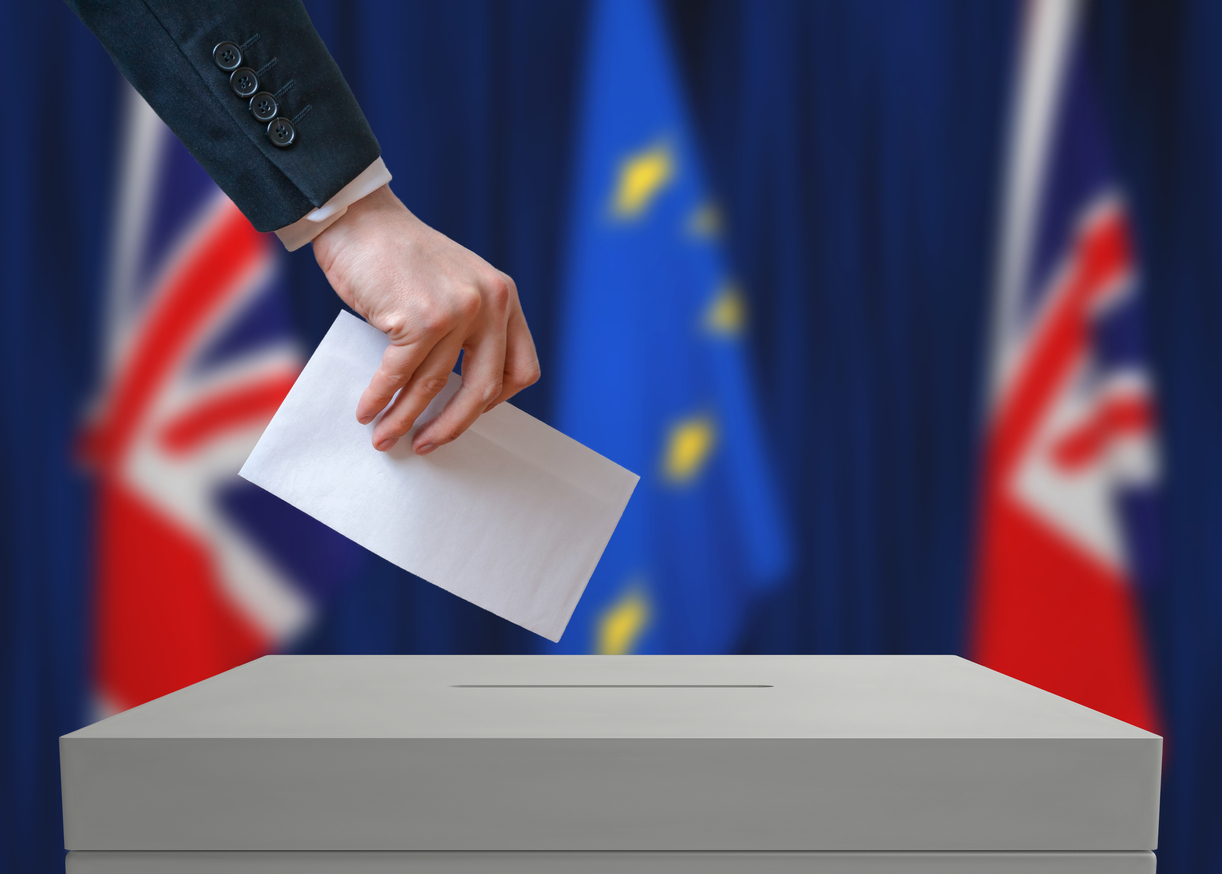A Turning Point in British Politics
Britain is on the brink of a new political era as voters prepare for a crucial general election that could end a 14-year Conservative rule. Prime Minister Rishi Sunak faces a daunting challenge as he calls for an early vote amidst plummeting polls and an impending defeat. “Sunak has taken the biggest gamble of his troubled premiership,” experts suggest, with the opposition Labour Party led by Keir Starmer poised to take the reins.
The Voting Process
The election campaign has been rigorous, and polling stations will open from 7 a.m. to 10 p.m. local time on Thursday. Each of the 650 constituencies will elect a Member of Parliament (MP), with the majority party’s leader becoming the Prime Minister. A total of 326 seats are needed for an outright majority. If no majority is achieved, options include forming a minority government or a coalition.
Why Call an Election Now?
Sunak had until January 2025 to call the election but chose to act now despite a significant poll lag. Some advisors suggested waiting for potential economic improvements later in the year. Sunak’s primary political focus has been curbing small boat crossings by asylum seekers, with a controversial law involving Rwanda in the spotlight. Sunak decided to call for elections following some positive economic news but delivered his campaign speech under a literal and metaphorical downpour.
Labour’s Expected Victory
Predictions favor a Labour victory, with polls indicating a 20-point lead over the Conservatives. Labour’s dominance in the polls has been consistent since late 2021, signaling a potentially significant shift in the political landscape. The Conservative brand has suffered due to scandals and leadership turmoil, and even Sunak’s campaign has shifted to preventing a massive Labour majority rather than securing his return to Downing Street.
The Campaign Trail
The campaign has seen heated debates between Sunak and Starmer. Sunak accuses Labour of planning new taxes, which Labour denies. Labour’s strategy has focused on promising change and financial prudence, while Sunak has struggled with campaign blunders, including leaving a D-Day event early. The final voting will occur on July 4, with results expected in the early hours of Friday morning.
Keir Starmer: The Man of the Moment
Labor leader Keir Starmer, a former human rights lawyer, and senior prosecutor, is favored to become the next Prime Minister. Starmer entered politics in 2015 and quickly rose to leadership by focusing on centralizing the party and addressing internal issues. While praised for his principled stance and focus on systemic issues, critics argue he lacks charisma and clear, broad vision.
The Other Contenders
While Sunak and Starmer are the primary contenders, smaller parties like Nigel Farage’s Reform UK and the Liberal Democrats also play significant roles. Farage’s entry has drawn some Conservative support, and the Liberal Democrats continue to chip away at the Tory base. Labour, meanwhile, seeks to end the Scottish National Party’s dominance and fend off challenges from the Green Party.
Key Issues at Stake
The election will hinge on various critical issues. Labour emphasizes the need for change after 14 years of Conservative governance, focusing on the cost of living and the strained National Health Service (NHS). Sunak highlights migration and economic recovery as pivotal points. “Sunak’s flagship Rwanda policy has become law,” but its effectiveness remains questioned.
When Will We Know the Results?
After the polls close, an exit poll by Ipsos for major networks will set the tone for the night, with results becoming clear by early Friday morning. If there is a change, the new government will take swift action, with a power handover expected by the weekend.
Britain Awaits a New Dawn
The upcoming election will determine the nation’s future direction as Britain stands on the verge of significant political change. Will the 14-year Conservative reign end, or will Sunak manage an unexpected victory? The answer will shape Britain for years to come.







